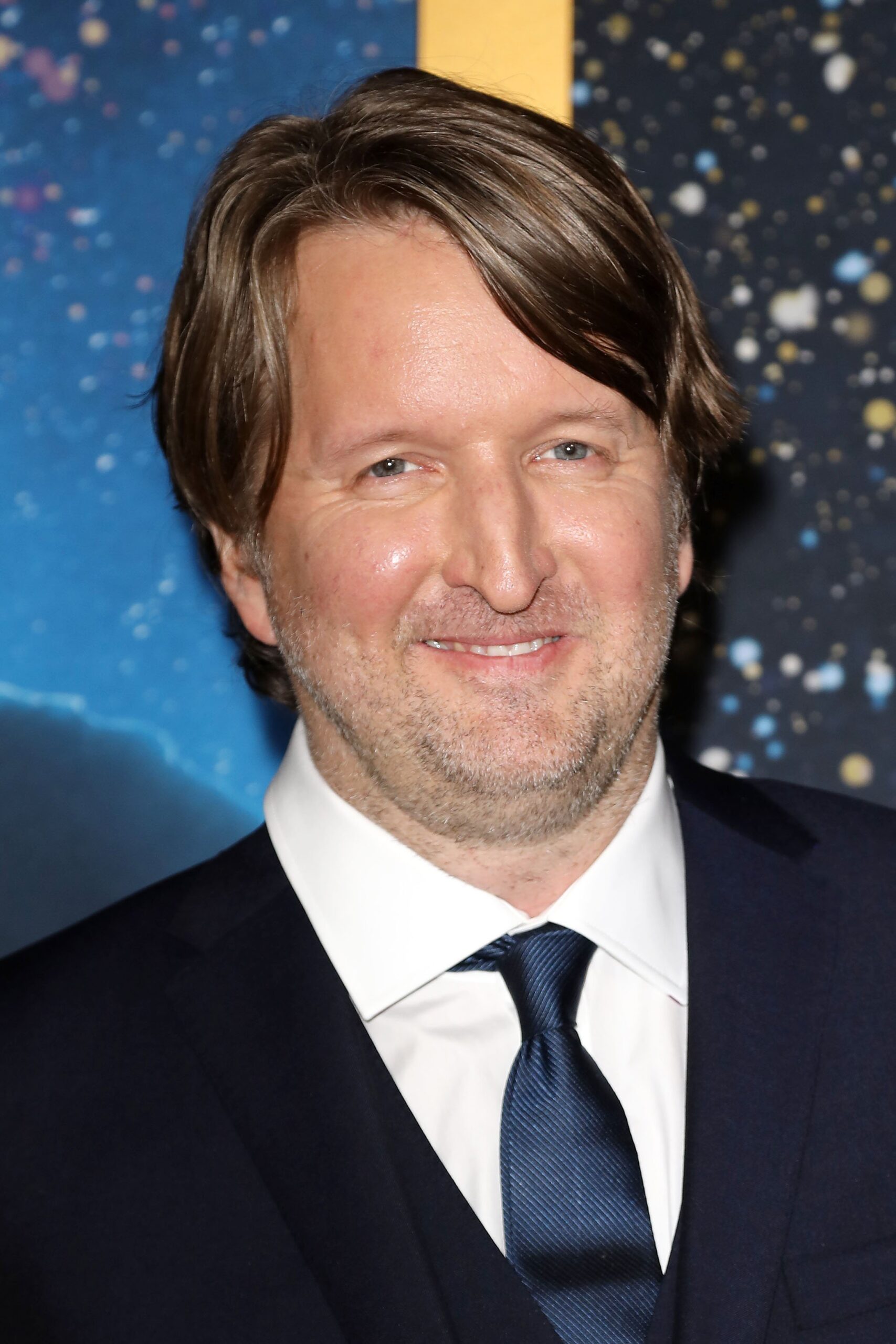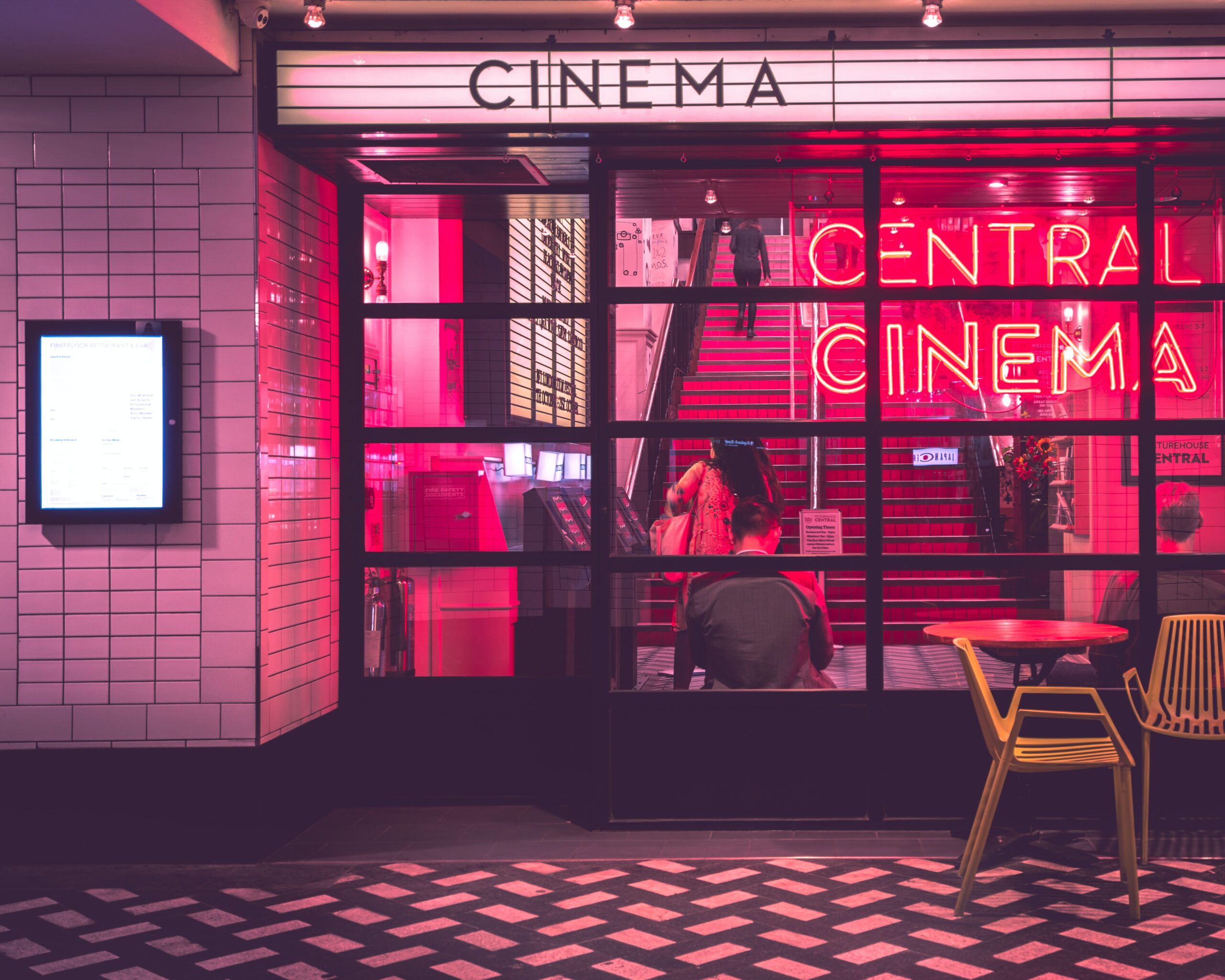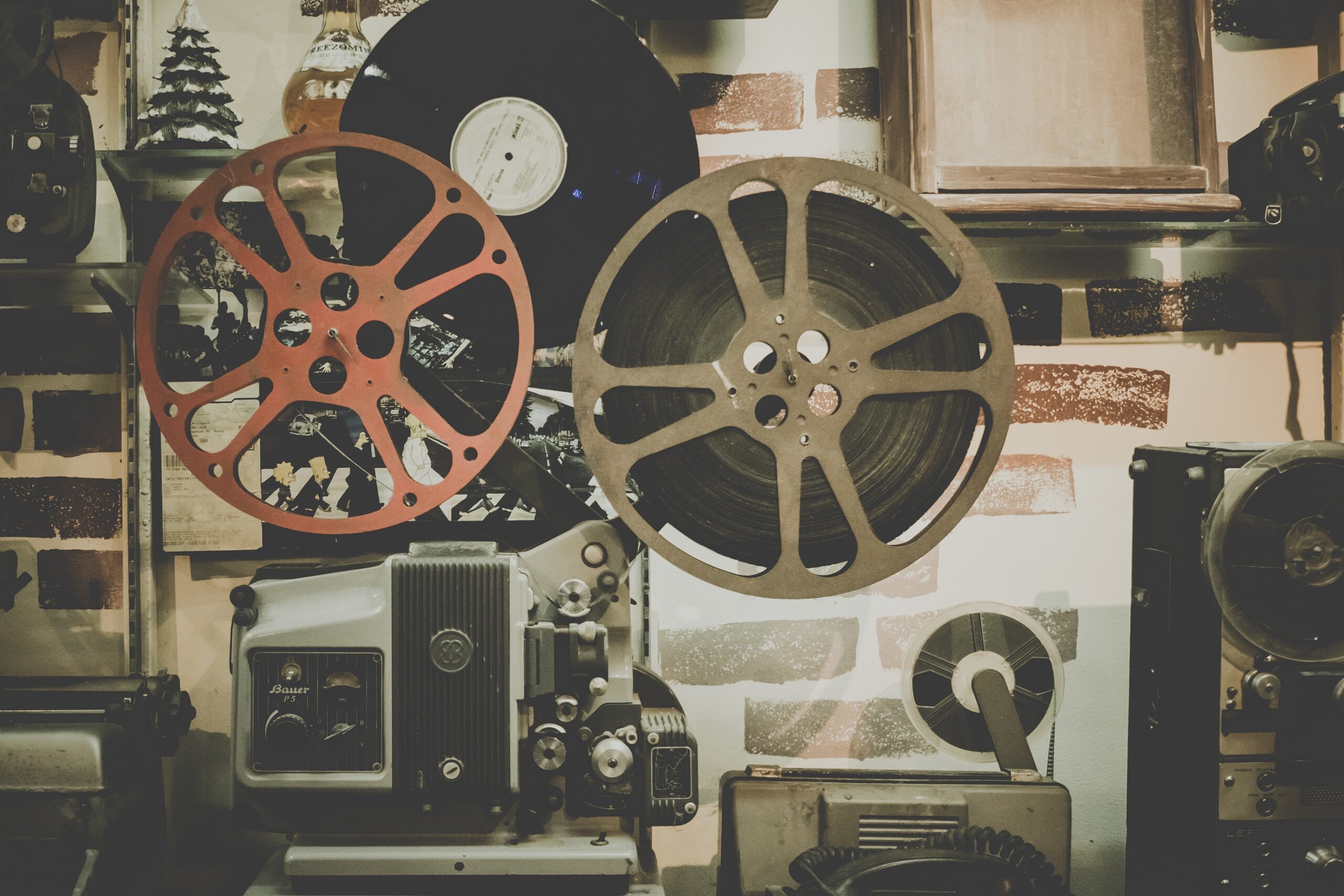In case you missed it, the less important version of the Oscars was last night! The Golden Globes were three and a half arduous hours of acceptance speeches and praise for what felt like the same three movies and shows. If you didn’t get to see the entire awards ceremony, don’t worry. I sure did. […]











